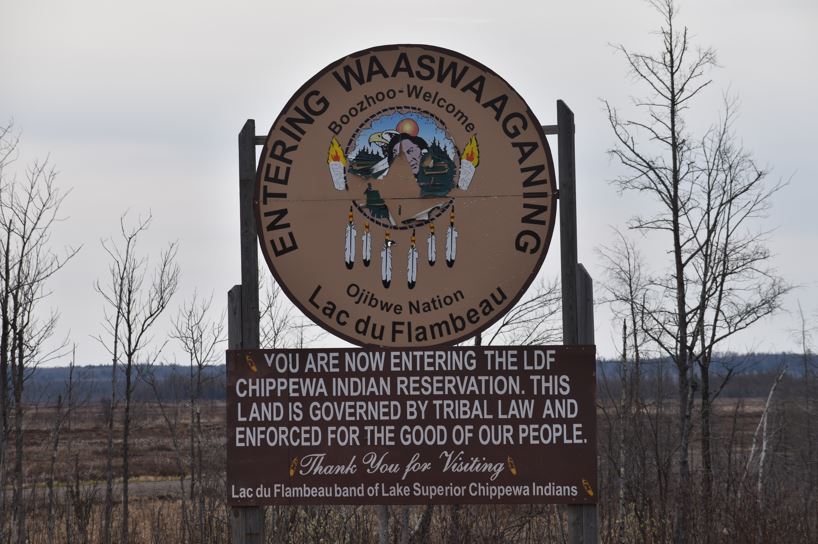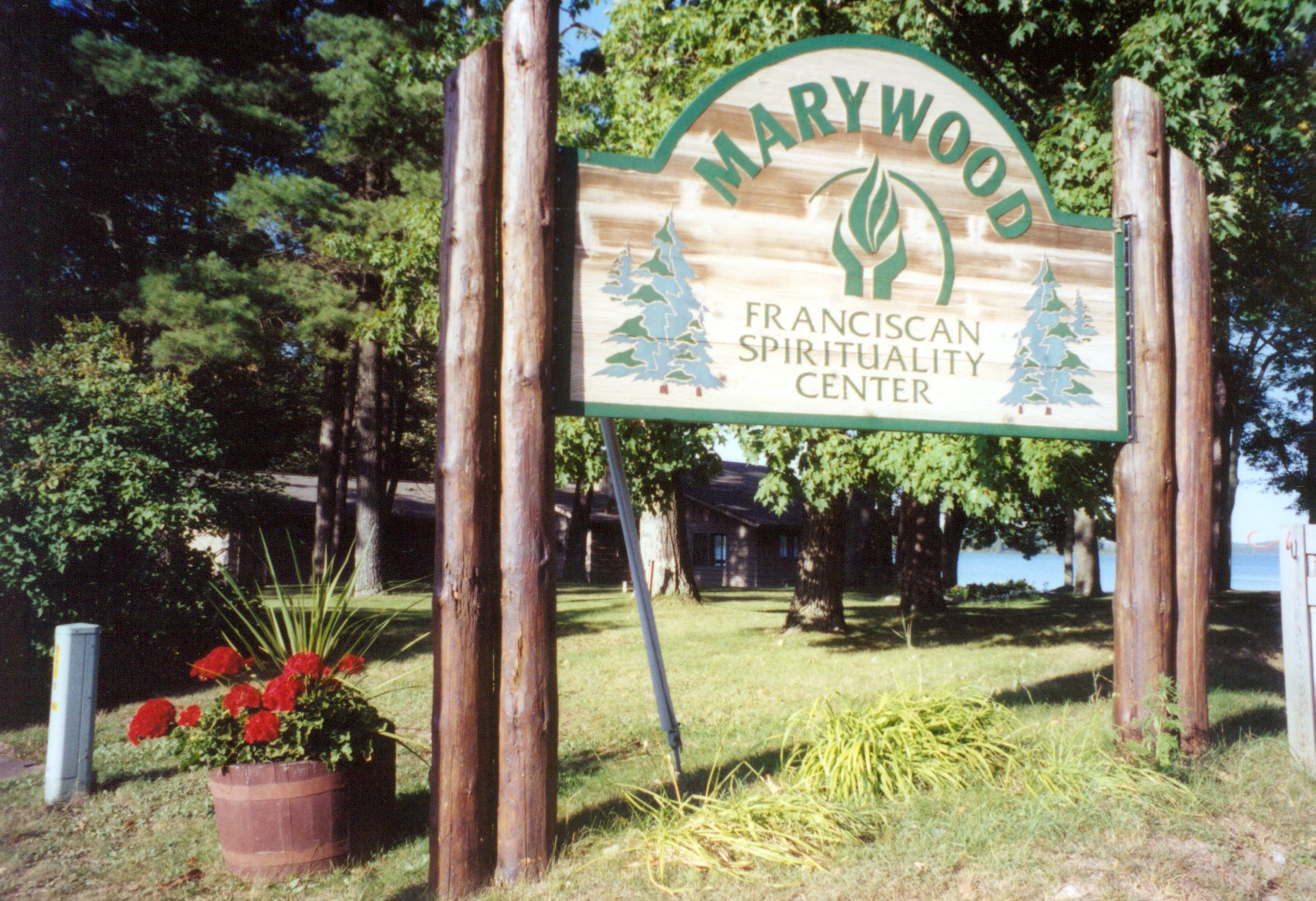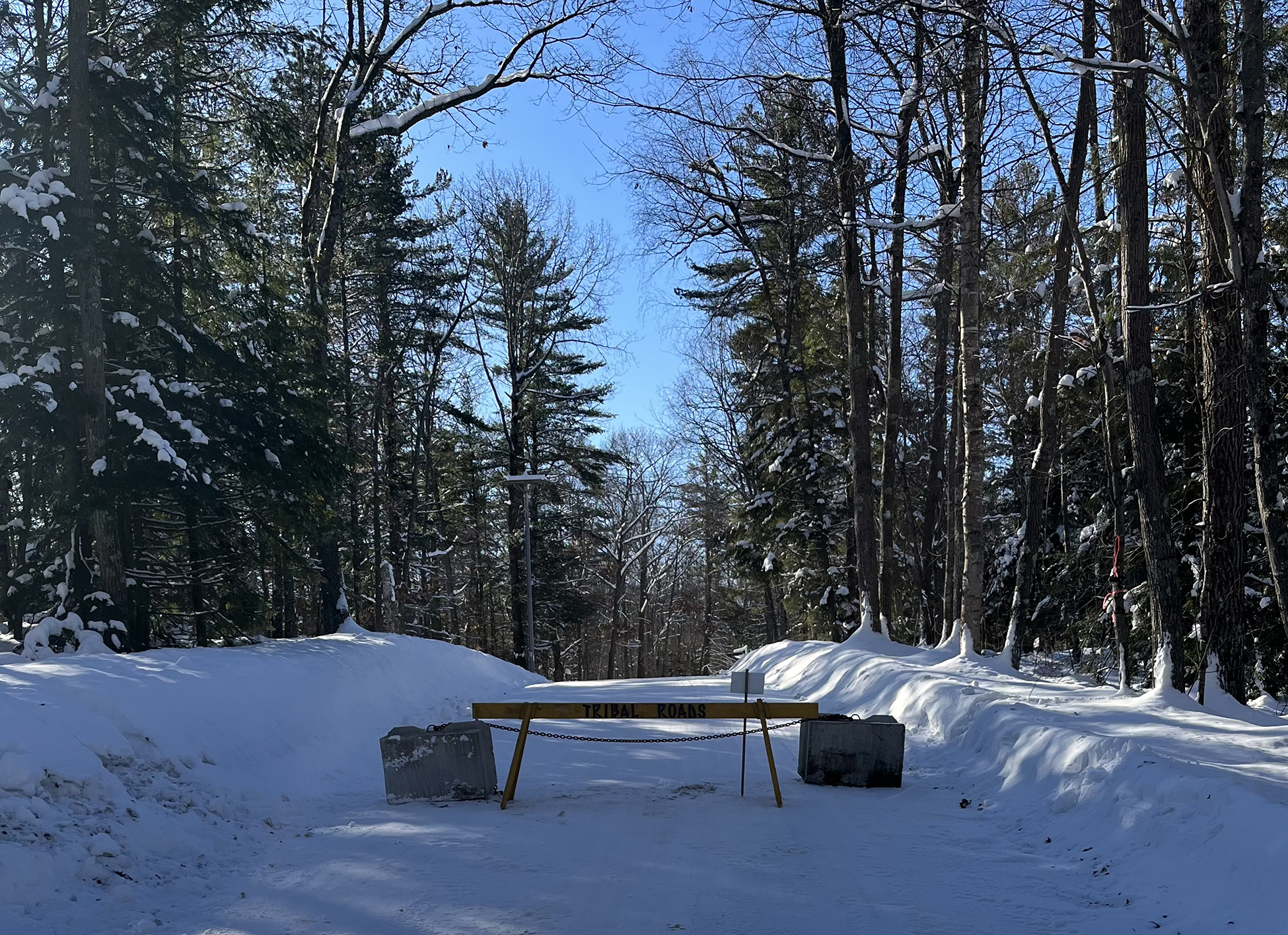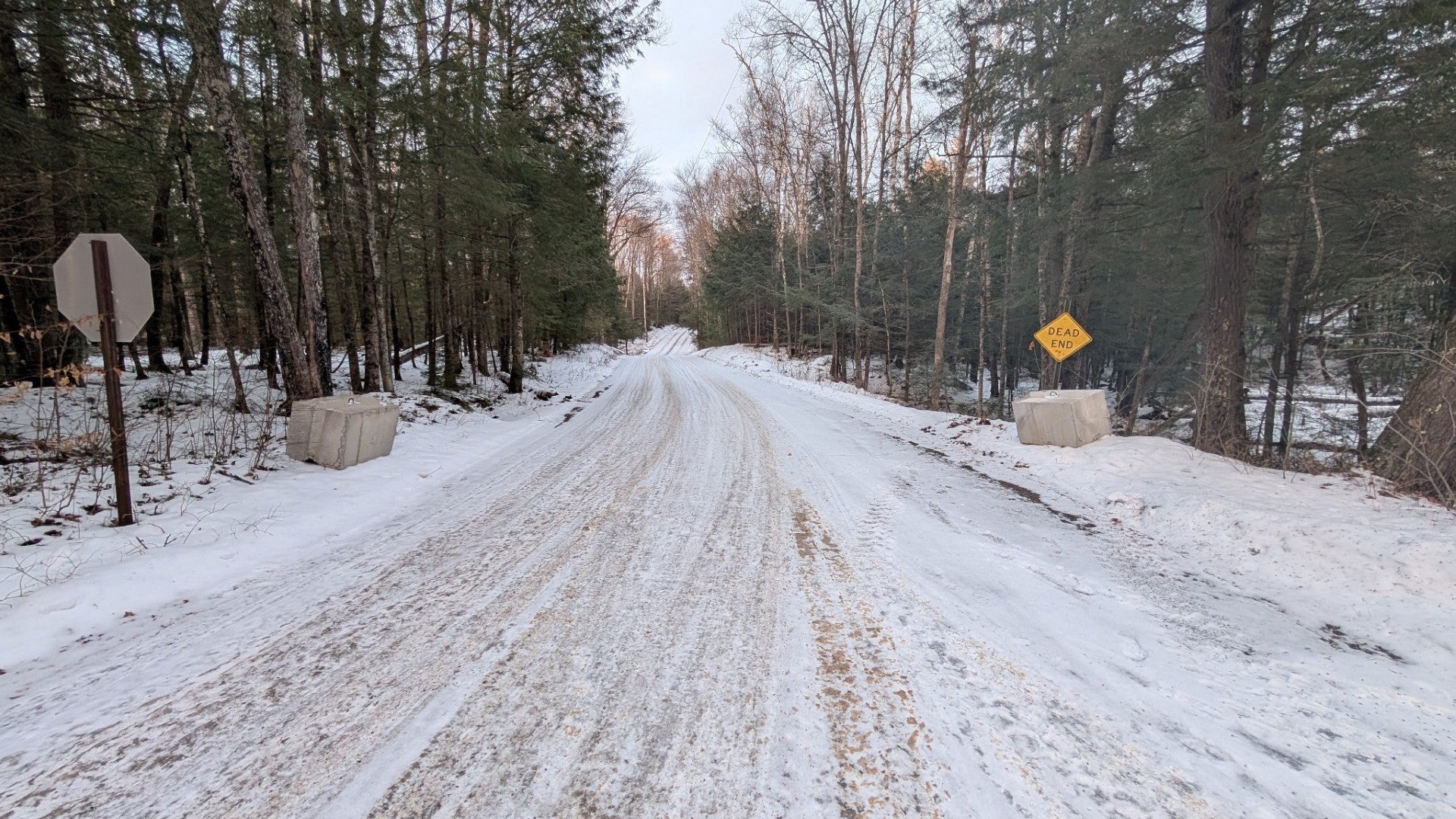The leader of the Lac du Flambeau tribe said it won’t tolerate abuse of its people or land as GOP lawmakers on the Legislature’s finance committee have withheld tribal gaming revenues due to disputes over tribal sovereignty.
Lac du Flambeau Tribal President John Johnson Sr. made the remarks Monday in response to a letter from Sen. Mary Felzkowski, R-Tomahawk, who sits on the Joint Committee on Finance. Last week, Felzkowski criticized Johnson for his handling of a dispute over access to roads on the reservation.
Earlier this year, the tribe barricaded four roads from Jan. 31 through March 13 after negotiations broke down with the town and title companies over easements that expired roughly a decade ago. Those agreements allowed nontribal residents to use roads on reservation lands to access their homes. Since then, the town has been making monthly payments to the tribe for temporary access, and multiple legal challenges have been mounted in the dispute.
News with a little more humanity
WPR’s “Wisconsin Today” newsletter keeps you connected to the state you love without feeling overwhelmed. No paywall. No agenda. No corporate filter.
The finance committee’s Republican co-chairs Sen. Howard Marklein and Rep. Mark Born have pointed to the tribe’s actions as one reason why it withheld tribal gaming revenues from the Lac du Flambeau and Bad River tribes. In October, the GOP-controlled committee voted to award $1 million in gaming revenues to each of the state’s 11 tribes except for Lac du Flambeau and Bad River.
In a letter to Felzkowski on Monday, Johnson doubled down on claims that the committee’s action to reject funds was discriminatory, calling it shortsighted and disrespectful of the tribe’s sovereignty.
“(W)e are going to work to right the wrongs of the past and will no longer tolerate abuse of our people or our land,” Johnson wrote. “We have a 12-by-12 square mile reservation to call home. We have to do all we can to preserve and protect our current land for future generations after ceding millions of acres of land in exchange for this small piece of property we now call home.”
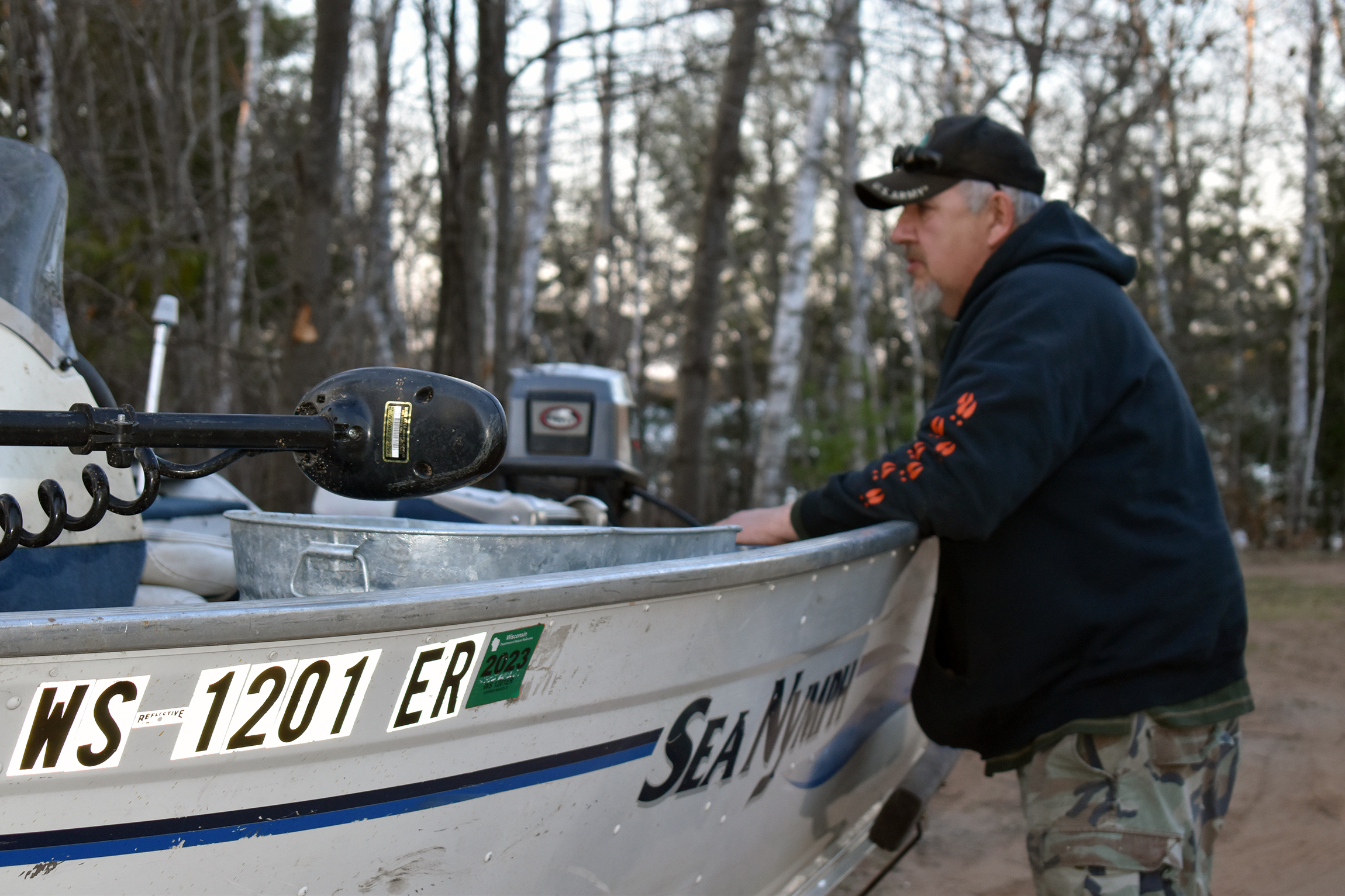
Dispute stems from historic federal policies
During the 1800s, the tribe ceded millions of acres of land under treaties with the federal government in exchange for preserving a permanent homeland, as well as their rights to hunt, fish and gather on off-reservation lands.
Johnson recounted how Congress passed the General Allotment Act, or Dawes Act, in the late 19th-century. Under the law, the president was authorized to break up and parcel out reservation land to individual tribal members. The policy was later reversed, but not before many lands fell out of tribal ownership. Johnson said it was a “scheme” that intended to rob the tribe of its lands in the hopes that they would disappear.
In a letter to Felzkowski, the tribal leader said she and other lawmakers want to vilify the tribe for safeguarding its territorial jurisdiction rather than assist nontribal residents affected in the dispute.
“Within your letter, you make uninformed claims, cast judgment, and simplify an effort we have been working on for more than a decade without the Town taking meaningful action, much less engaging in a genuine manner,” Johnson wrote.
Earlier this year, the tribe said it was seeking $20 million for fees and expenses it incurred trying to secure an agreement to provide access to roads after right-of-way easements expired. In the letter to Felzkowski, Johnson said title companies were asking the tribe for longer easement terms than its own members could receive under tribal law. He said the town and title companies want right-of-way access forever, saying that’s the same as asking Lac du Flambeau to give up land.
Now, Johnson has said the town should pay nearly $10 million for trespassing on tribal lands before the tribe will grant permits under a tribal ordinance for access to roads crossing the reservation.
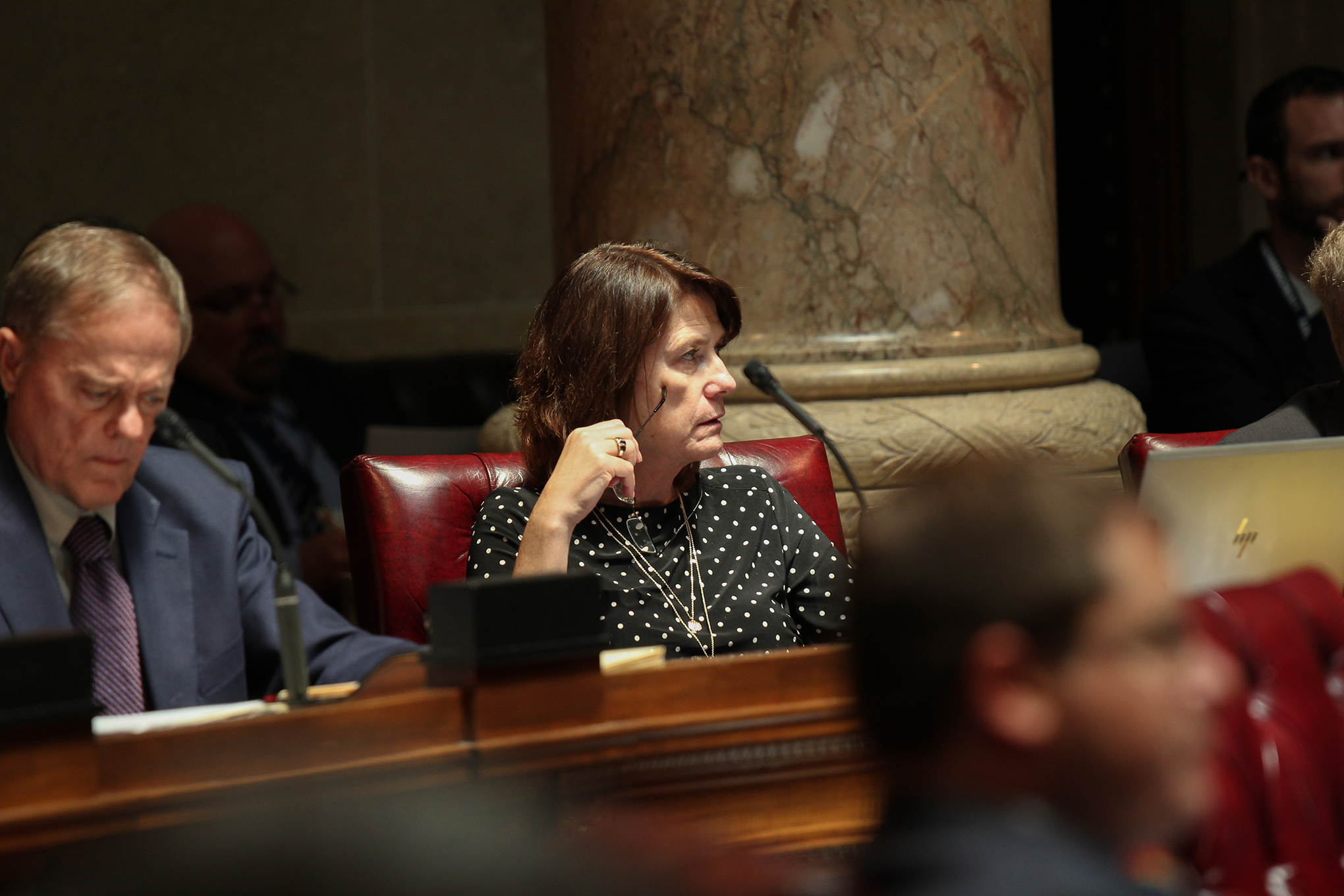
GOP lawmaker wants tribe to promise it won’t barricade roads
On Monday, Felzkowski told WPR’s “The Morning Show” that the tribe has acted “very, very poorly.” Even so, she agreed that the law favors the tribe.
“There’s ways to settle disputes in the United States, and that is in our justice system, so instead of barricading people out of their homes that have absolutely no dog in this fight,” Felzkowski said.
Felzkowski told “The Morning Show” she hasn’t had discussions with Johnson, but she would like to establish an open dialogue.
“I think by withholding the funds, we keep the attention of the chairman, and I’m hoping that that will help be an incentive to open up communication,” Felzkowski said.
She said she also wants to secure a promise from the tribe’s president that barricades will never again block roads. Johnson told WPR the tribe will continue to grant temporary access permits as long as the town makes payments, but officials want to move toward an annual permitting system in exchange for a fee.
Felzkowski and town residents say the federal government needs to help resolve the dispute.
‘We’ve got to start treating each other with respect’
Officials in the town of Lac du Flambeau hope to see a resolution soon, according to Bob Hanson, a town supervisor. While he appreciates Felzkowski’s efforts to resolve the matter, Hanson said he thinks it has only inflamed the situation.
He said it’s a mistake for the Legislature’s finance committee to withhold gaming revenues from the tribe.
“I think that the tribe sees it as a slap in the face when what we need to have here is some good faith and some, at least, palpable gestures of respect,” Hanson said. “We’ve got to start treating each other with respect, and the tribe especially has a history of feeling disrespected.”
Hanson said the tribe’s actions are within their rights. Even so, Hanson said the town doesn’t have the money to pay the tribe, highlighting its budget is less than $1 million each year. While the town could borrow the money, he said it would never be able to repay the funds. He added it’s also unlikely the town could declare bankruptcy or dissolve.
If money solves the dispute, he said the title companies should pay a substantial portion of what’s being sought from the town. Hanson added the federal government could offer lands to the tribe as compensation to regain lost territory.
Hanson said he thinks the tribe was very patient with the town over easements that expired in the last decade. He called the move to barricade roads an act of desperation to recover long overdue payments.
He noted he has a lot of sympathy for both the tribe and landowners who have been affected by the ongoing dispute. Hanson said he believes reasonable representatives from the tribe and town could hash out a resolution, but he indicated litigation is preventing meaningful dialogue to settle the matter. As time passes, he said the town is running out of money.
“We need to do something soon to resolve this,” Hanson said, “and to prevent it from happening again.”
Wisconsin Public Radio, © Copyright 2026, Board of Regents of the University of Wisconsin System and Wisconsin Educational Communications Board.

